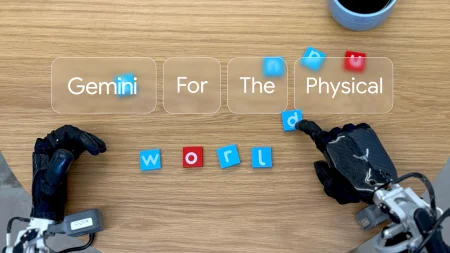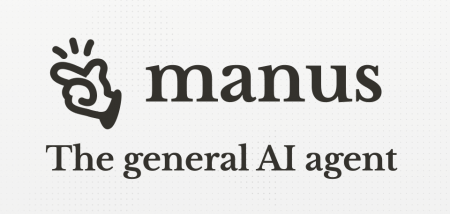In spite of so much data being created every day, we run the risk of causing an information blackhole in the future, writes Satyen K. Bordoloi.
Today the world creates more data in days than it did in a year till 2000. Yet, scientists fear that in a few hundred years, there will be an information blackhole about this time with researchers having less data to study us than in the times before the digital age.
Sounds counterintuitive right? Billions of selfies are taken by millions of people daily, many uploaded to social media. So are all kinds of other data. Surely, many will survive in the next 200 years. Not necessarily. Take the dot-com bubble of the late 90s and early 2000s. When it burst, internet companies disappeared overnight – along with them, their data. Thankfully they did not have much data back then when most things were still analog.

Today, we are mostly digital. Ever wondered what will happen if Twitter or Facebook shuts down? Twitter came close to bankruptcy a few months ago thanks to Elon Musk‘s shenanigans. If they do shut shop, they are not obliged to keep your data since data farms cost money.
What if a terror group nostalgic about the past, like the Taliban or cyber-criminals, hacks and deletes, or blows up data farms that Google, Amazon, Facebook or others own that house most of the world’s data? What if some form of radiation from space or some new bacteria or virus burns or eats out the magnetic film that coats the platter in hard disks that hold the world’s data?
We have all lost data
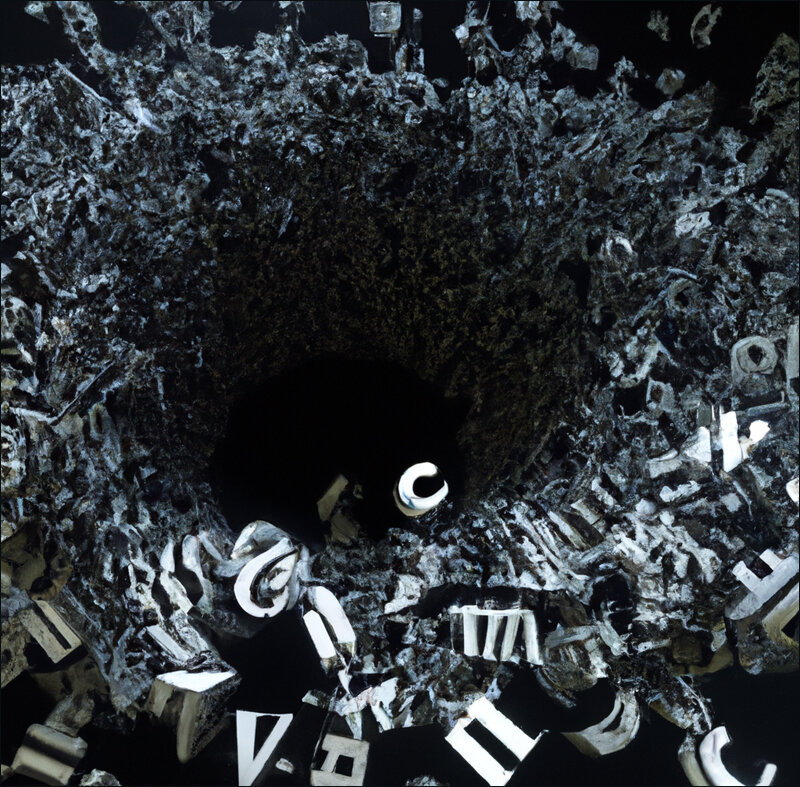
Many of us have lost, wet, or unintentionally destroyed a digital device like a phone or laptop losing all its data in an instant. Then there are journalists who have had to contend with losing their older articles.
When a publication I used to write for shut down, their website went offline. Along with it went scores of articles I had written for them. I have those articles in word files and some in printouts, but since Google no longer auto-caches everything on the web, these have simply disappeared from the web. Some of them had created major changes, like one that saved the Mumbai Film Festival in 2014. But all that is gone now without leaving a trace.
What happened to my years of writing and your photos when you lost the phone, is what could happen to all the data in the world in an extreme case. But that is not the only way we lose data.
Ways of losing data

Go to YouTube or Instagram, and you shall realise that the dumbest content usually gets the greatest eyeballs. But the 100 million hits on the video of a cat cutely falling, is 100 million times less relevant than say one that launches a new scientific theory that advances humanity. But with information overload and fragmentation, which do you think will get saved in a shuffle? Today, the problem is of plenty and of sieving important data buried under a mountain of irrelevant or duplicate info.
The divisions in society aided by social media AI algorithms have ensured that certain voices and viewpoints are prioritised and amplified over others. If you are left leaning, you will only hear what is terrible in the world due to climate change, wars etc. when despite problems we are in the best version of the world so far for humans. Ironically, if you are right leaning, you will hear something similar i.e. how terrible the world is but the reason will be different: godlessness. Both groups will continue to promote content adhering to their worldview when the truth might be somewhere else. Though the internet has democratised information, not all information is created equal and neither are all sources trustworthy meaning not all deserve preservation.
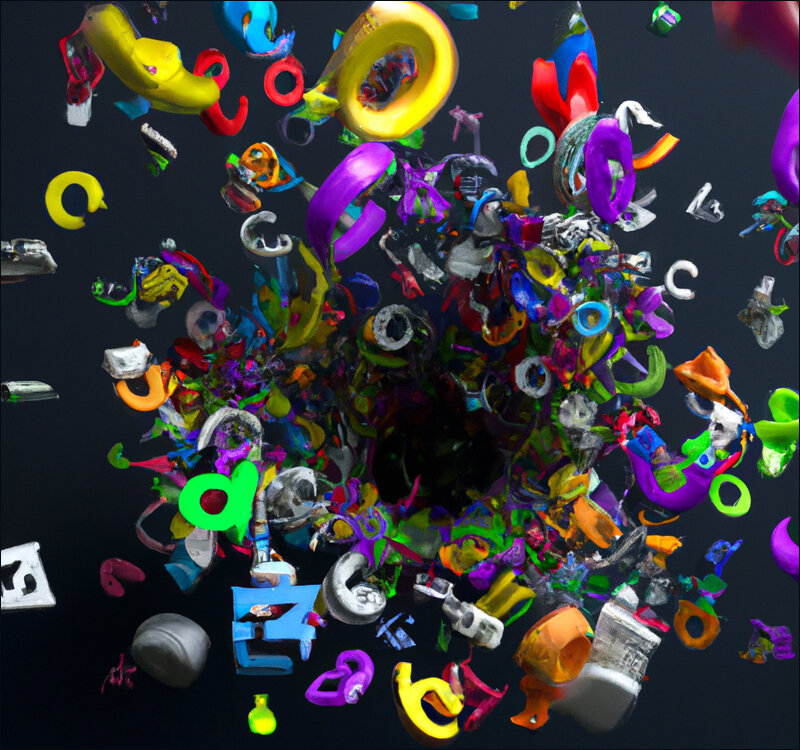
The other reason data can be lost is via technological obsolescence. Less than a decade ago, most websites showed animation in Adobe Flash. Now if you go to any old, un-updated website, you can’t see their animation because Adobe killed it. Nothing is sacrosanct in the tech world, and everything is just a tech advancement away from obsolescence. You think .jpg, .doc, .exe formats will last forever? Something drastically better might come up and the software and hardware could become obsolete. Thus, images saved in the .jpg format – which is how most of the world saves them now, might become antiquated.
Preserving data
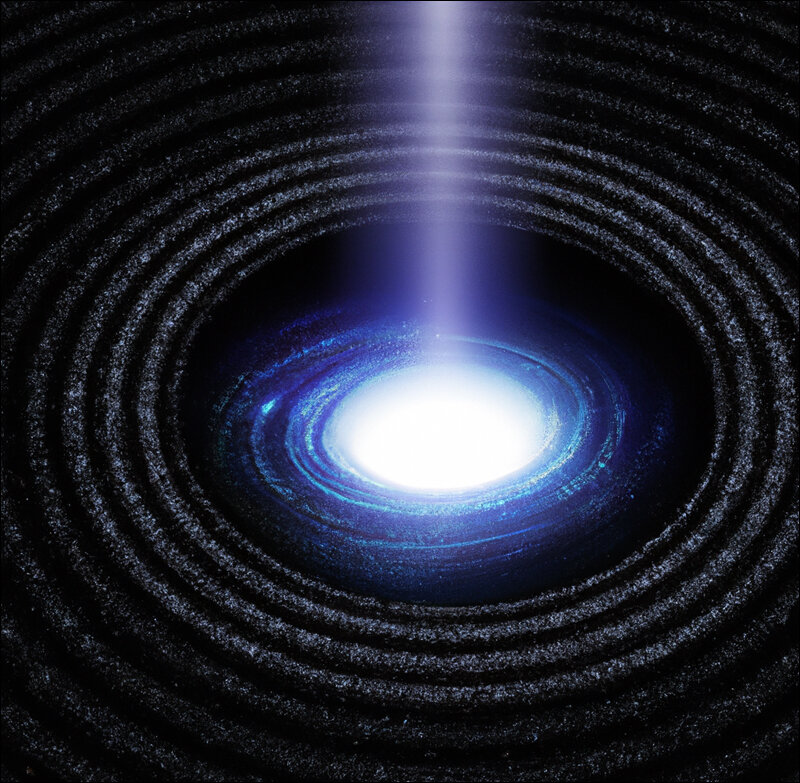
In the third novel of Liu Cixin’s Three-Body Problem trilogy, humans figure out the best way to preserve data over thousands and perhaps hundreds of thousands of years: imprinting it on stone. Think about it: while you might have lost images you shot a few years ago due to out-of-date technology, the cave paintings made by your ancestor 1,00,000 years ago are still alive. So, who had the more long-lasting technology, our ancestors, or us?
It is ironic but data in the analogue format lasts longer. Four-hundred-year-old paper books are still preserved in libraries while a half-finished novel disappeared forever when I tripped on the charging cable and my laptop came crashing down on the hard floor in 2008.

Thus, maintaining and preserving our data becomes crucial at a personal level. You must back up your digital data (the saying is that if a digital thing does not have 3 copies, it does not exist). Store your data in a ‘cool, dry place’, away from anything that can destabilise the environment like extreme temperature or humidity. Keep checking it periodically to ensure it remains accessible and usable and that its format has not become obsolete. If needed, transfer it into a new storage device or backup. Documenting your data ensures you don’t lose the context of what you have and that it remains useful and understandable. And if you want to preserve something long-term, you must ensure you don’t lose the enthusiasm to preserve it.
I do another thing. I take printouts of everything that is precious to me. The screenplays, novels, poems or other articles I am working on, I store them as printouts. I also occasionally do that for photographs that are important to me. I know people who preserve their photos by printing them and making photo albums like in the analogue days.
How to prevent an information blackhole

It is important to come to a consensus about storing global data for posterity. One way is to use more open standards for file formats. Adobe Flash was a proprietary format owned by Adobe which became obsolete when the company stopped supporting it. Open software is thus better for the long term. Some formats for files are more preservation friendly than others e.g. .txt and .csv are better for preservation than .docx or .mp4.
One of the key ways in which data can be preserved for a long time is to plan for it and that cannot happen without continuous efforts. There is a global consensus emerging that the way to preserve films for the long term is to literally make prints of them. Thus, ironically, even those films shot and exhibited digitally will be preserved by being turned into print. In the same way, consensus needs to emerge in the world about how to preserve all the other data in the world.

Because the truth, whether we realise it or not, is this: despite amazing technological advances, a vast majority of the digital data circulating in the world today will not exist 100 years from now if we do not make concerted efforts to save it. We are already late but if we start not, we might just prevent our children from being ignorant of our times.
Cosmic black holes are bad, but they are far away. Information black holes – especially in history – are the worst. And its dawn is already upon us.
In case you missed:
- What are Text-to-Video Models in AI and How They are Changing the World
- Why a Quantum Internet Test Under New York Threatens to Change the World
- Google’s Willow Quantum Chip: Separating Reality from Hype
- How Lionsgate-Runway Deal Will Transform Both Cinema & AI
- Apple Intelligence – Steve Jobs’ Company Finally Bites the AI Apple
- AI vs. Metaverse & Crypto: Has AI hype lived up to expectations
- How Old Are We: Shocking New Finding Upends History of Our Species
- AI Taken for Granted: Has the World Reached the Point of AI Fatigue?
- A Teen Suicide Spotlights Dangers of Unregulated AI Companions
- India’s Upcoming Storm of AI Nudes & Inspiring Story Of A Teen Warrior






